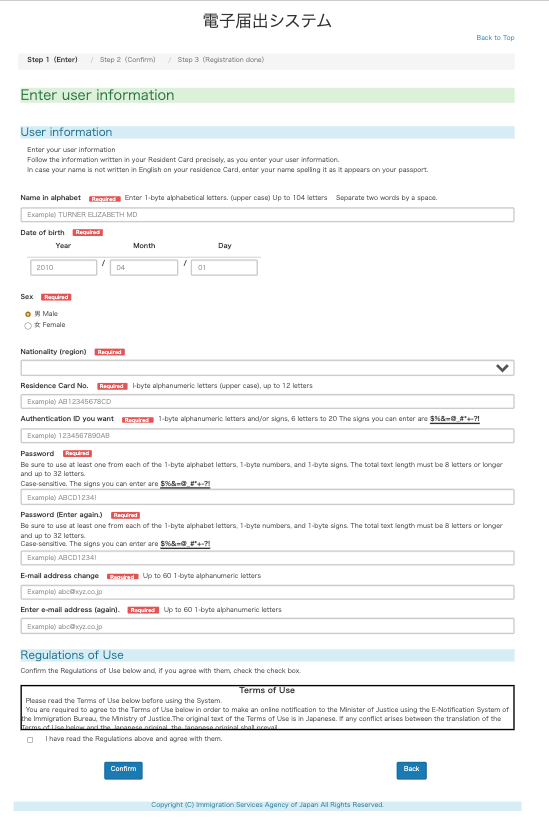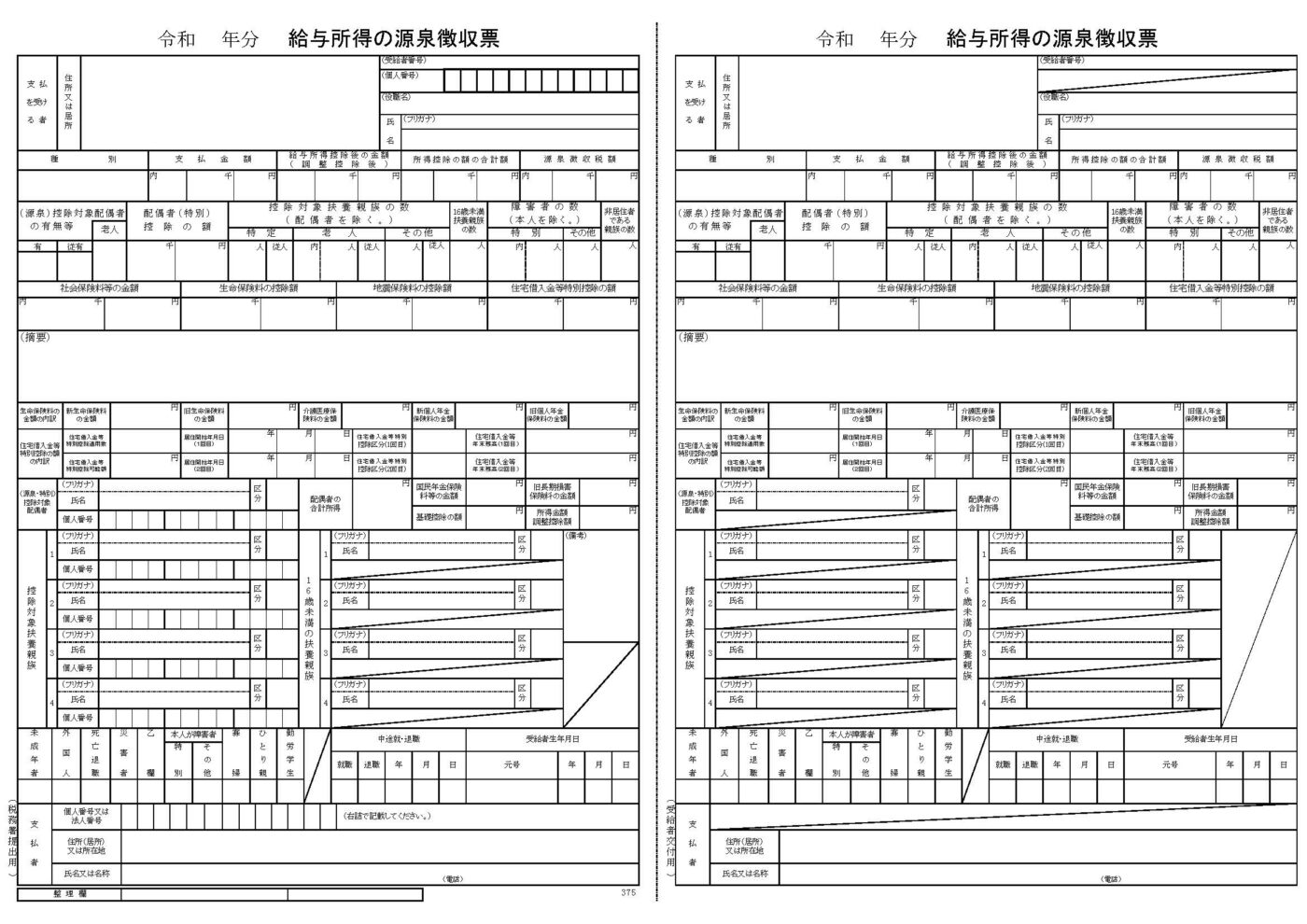#visa
Changing Jobs in Japan : Requirements and Procedures
When changing jobs, keep the immigration office informed and take steps to ensure your new job is within the scope of your current visa.
When changing jobs, keep the immigration office informed and take steps to ensure your new job is within the scope of your current visa.


When you change jobs, it’s important to keep the immigration office informed of the change by submitting the Notification of Change of Employer.
This is because your visa is issued after an examination that, in most cases, evaluates your background, work/academic history, degree, work activities, and sponsoring company altogether. If a piece of that changes, there might be factors that don’t align with the criteria set by the immigration office.
Some say that this is only necessary if your new job differs significantly from your previous position, etc. However, we recommend consulting an immigration office directly or an immigration lawyer regardless of the situation, due to the potential risks of misjudging how “different” the job is.
As a general rule, if you hold a working visa and your sponsoring company changes, you are required to submit a notification of employment change.
Also, depending on the nature of your work activities, you may also need to apply for a different type of visa.
You must submit the notification within 14 days of your last day at the office.
The immigration office may revoke your visa if you do not secure a new job within 3 months after leaving your previous employment.
If you have forgotten to submit the notification within the first 14 days…well it’s better to submit late than never so submit the notification now.
There are three ways you can submit the Notification of Change of Employer:
You can submit the notification online 24 hours a day, 365 days a year! You can also view the history of your submissions and the progress of their review online, so we recommend using their online service.
First, create your account online by filling out the information. Then, proceed to submit the notification regarding the affiliated organization. Online page for setting up your ID looks like this:

Note that if you hold a Spouse of a Japanese National visa or Permanent Resident visa, you are not required to inform the authorities of a change of your employer. When you log in to submit a notification, you will be directed to a page for reporting divorce or the passing of the spouse, which you are obligated to inform the immigration office about, rather than a change of an employer.
You need to prove your status as an employee of the organization to which you belong.
Reception hours may be set on specific days or times depending on the procedure, so contact Immigration Information Center at (0570-013904) in advance to inquire.
You can mail the notification form along with a copy of your residence card directly to the immigration office. Write “NOTIFICATION ENCLOSED” in red on the front of the envelope and send it to the following address:
Mailing address:
14th floor, Yotsuya Tower,
1-6-1 Yotsuya, Shinjuku-ku,
Tokyo 160-0004
Tokyo Immigration Control Local Resident Investigation Department Notification Receptionist
If you submit a notification by mail, you will not receive a confirmation notification. So we recommend scanning the documents you submitted and using a method that allows for tracking and recording delivery status, such as Letter Pack by Yucho.
Here are the links for the notification forms. As these might get updated, please do check directly on the website of the Immigration Services Agency
Notification form for termination of a contract with the contracting organization.
Link: https://www.moj.go.jp/isa/content/930002827.pdf
Notification form for concluding a contract with a new contracting organization.
Link: https://www.moj.go.jp/isa/content/930002828.pdf
Notification form for terminating the contract and concluding a new contract.
Link: https://www.moj.go.jp/isa/content/930002914.pdf
Notification form for a name change, location change, or disappearance of the contracting organization.
Link: https://www.moj.go.jp/isa/content/930002824.pdf
If you are concerned about whether you can maintain your current visa with the new job, or if you need to request a visa renewal, you could also ask for a Certificate of Authorized Employment which will indicate that your new job falls within the scope of your current residential status.
Also, if you currently hold an HSP visa, your visa is tied to your employer, meaning you will need to reapply for a new visa. You can start this process on your own or consult with an immigration lawyer to manage it for you.


The immigration office can revoke your visa if you don’t find a new job within the next 3 months. So it’s best to be careful when leaving or changing jobs.
If you were employed, it’s likely that your company’s HR department has been handling all of these processes for you, including health insurance and pension enrollment. However, once you leave your current job, unless you are starting your new job immediately, you will need to apply for National Health Insurance and National Pension Premium at your local city ward office.


If you’re considering leaving your current company, check your contract to see how much notice you need to give – typically 2 weeks to 1 month.
If you’re under a full-time contract without a fixed period, you can typically leave with one month’s notice.
However, if your contract has a specified period, you’re generally bound by that period and cannot leave until the contract ends. Nevertheless, if there are other provisions in the contract, such as a requirement to notify the company one month before leaving, you can follow those guidelines.
Ensure that your communication is clear and keep evidence of informing both your boss and the HR department properly to avoid any misunderstandings or disputes about notification timelines.
If you have accrued paid holiday, you can claim it during your final month at the company.
Unfortunately, there has been a case where someone informed their current employer about their new job, and the employer, unhappy with their departure, contacted the future employer to spread false and negative information about the employee. So, avoid disclosing such information prior to leaving your company.
At the year-end, the company issues important documents like the Gensen Choshu Hyo (Withholding Tax Slip), which you will need for your visa renewal to prove your previous year’s income. Make sure to discuss this with HR.
Additionally, if HR handled your previous visa application, request the application documents from them. It’s crucial to have these documents so you can provide them to your immigration lawyer for consistency in your new application.

As mentioned previously, if you are under a working visa, you need to inform the immigration office when you leave your current job, and you essentially have three months to find a new one. It is best to secure your next employer before leaving your current job.
At Small Seasons & Co., we support you with the visa application and renewal process, including evaluating and submitting the necessary notifications on your behalf.
We also believe in taking a big-picture approach when assisting you with immigration-related matters to ensure that everything is well taken care of.
Get in touch with us to start the conversation today!
Reference:
